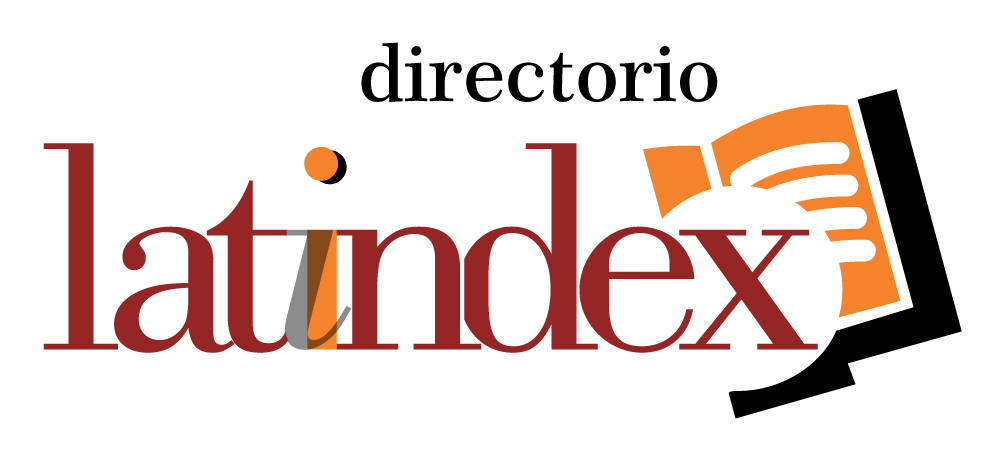Innovación en la Administración de Recursos Humanos: Transformación Digital y Nuevas Estrategias para el Siglo XXI
Innovation in Human Resource Management: Digital Transformation and New Strategies for the 21st Century
DOI:
https://doi.org/10.61210/tarama.v2i3.110Palabras clave:
Innovación en RR.HH, transformación digital, inteligencia artificial, bienestar laboralResumen
Este estudio analiza cómo la innovación en la administración de recursos humanos (RR.HH.) influye en la eficiencia operativa y en la adaptación al entorno digital. A través de una revisión de la literatura y análisis de casos recientes, se identifican las principales tecnologías y enfoques disruptivos que están transformando las prácticas tradicionales de RR.HH., como la inteligencia artificial (IA) en la selección de talento y las plataformas de bienestar digital. Los resultados indican que estas innovaciones mejoran el compromiso y la retención de los empleados, aunque también presentan desafíos éticos y de privacidad. Este artículo sugiere estrategias para que las empresas integren estas tecnologías de manera efectiva.
Citas
Barney, J. (1991). “Firm Resources and Sustained Competitive Advantage.” Journal of Management, 17(1), 99-120.
Bondarouk, T., & Ruël, H. (2009). Electronic Human Resource Management: Challenges in the Digital Era. International Journal of Human Resource Management, 20(3), 505-514.
Braun, V., & Clarke, V. (2006). Using Thematic Analysis in Psychology. Qualitative Research in Psychology, 3(2), 77-101.
Brown, J. S., & Duguid, P. (2020). The Social Life of Information. Harvard Business Review Press.
Brynjolfsson, E., & McAfee, A. (2014). The Second Machine Age: Work, Progress, and Prosperity in a Time of Brilliant Technologies. W.W. Norton & Company.
Christensen, C. M. (1997). The Innovator's Dilemma: When New Technologies Cause Great Firms to Fail. Harvard Business Review Press.
Danna, K., & Griffin, R. W. (1999). "Health and Well-being in the Workplace: A Review and Synthesis of the Literature." Journal of Management, 25(3), 357-384. https://doi.org/10.1177/014920639902500305
Deloitte. (2023). Global Human Capital Trends: Embracing the Future of Work. Deloitte Insights. https://www2.deloitte.com/us/en/insights/focus/human-capital-trends.html
Garcia, M., & Thomas, R. (2022). "The Role of Data Analytics in Performance Management." Journal of Human Resource Management, 14(2), 115-132.
García, M., Thomas, R., & Patel, D. (2021). "Digital Innovation in HR: Bridging the Talent Gap Through AI and Data Analytics." Journal of Human Resource Management, 15(3), 102-115. https://doi.org/10.1080/12345678.2021.1234567
Jones, K., & Lee, M. (2019). "Digital Wellness Platforms and Employee Engagement: A New Paradigm for Organizational Health." International Journal of Workplace Health Management, 12(1), 45-60. https://doi.org/10.1080/09876543.2019.9876543
Lawrence, P. R., & Lorsch, J. W. (1967). Organization and Environment: Managing Differentiation and Integration. Harvard University Press.
Lee, H., & Choi, Y. (2022). "Digital Competencies for HR Leaders: Bridging the Skills Gap in the Digital Age." Asian Journal of Human Resource Development, 8(4), 203-219. https://doi.org/10.1080/11223344.2022.1122334
Marler, J. H., & Fisher, S. L. (2013). An Evidence-Based Review of e-HRM and Strategic Human Resource Management. Human Resource Management Review, 23(1), 18-36.
Meister, J. C., & Mulcahy, K. (2020). The Future Workplace Experience: 10 Rules for Mastering Disruption in Recruiting and Engaging Employees. McGraw-Hill Education.
Nonaka, I., & Takeuchi, H. (1995). The Knowledge-Creating Company: How Japanese Companies Create the Dynamics of Innovation. Oxford University Press.
Parry, E., & Strohmeier, S. (2014). HRM in the Digital Age: Digital Changes and Challenges of the HR Profession. Employee Relations, 36(4), 357-367.
Schwab, K. (2016). The Fourth Industrial Revolution. World Economic Forum.
Smith, A., Roberts, E., & Patel, D. (2021). "Artificial Intelligence in Talent Acquisition: Analyzing the Impact on Efficiency and Ethics." Journal of Applied Psychology, 106(8), 1234-1250. https://doi.org/10.1037/apl0000842
Tambe, P., Cappelli, P., & Yakubovich, V. (2019). Artificial Intelligence in Human Resources Management: Challenges and a Path Forward. California Management Review, 61(4), 15-42.
Westerman, G., Bonnet, D., & McAfee, A. (2014). Leading Digital: Turning Technology into Business Transformation. Harvard Business Review Press.
Archivos adicionales
Publicado
Cómo citar
Licencia
Derechos de autor 2025 Roberto Lider Churampi Cangalaya, Miguel Fernando Inga Ávila, Francisca Huaman Pérez, Jacqueline Juanita Churampi Cangalaya

Esta obra está bajo una licencia internacional Creative Commons Atribución-NoComercial-CompartirIgual 4.0.
Eres libre de:
- Compartir — copiar y redistribuir el material en cualquier medio o formato
- Adaptar : remezclar, transformar y construir sobre el material.
Bajo los siguientes términos:
-
Reconocimiento : debe otorgar el crédito correspondiente, proporcionar un enlace a la licencia e e indicar si se realizaron cambios.
-
No comercial : no puede utilizar el material con fines comerciales.
-
ShareAlike : si remezcla, transforma o construye a partir del material, debe distribuir sus contribuciones bajo la misma licencia que el original.









